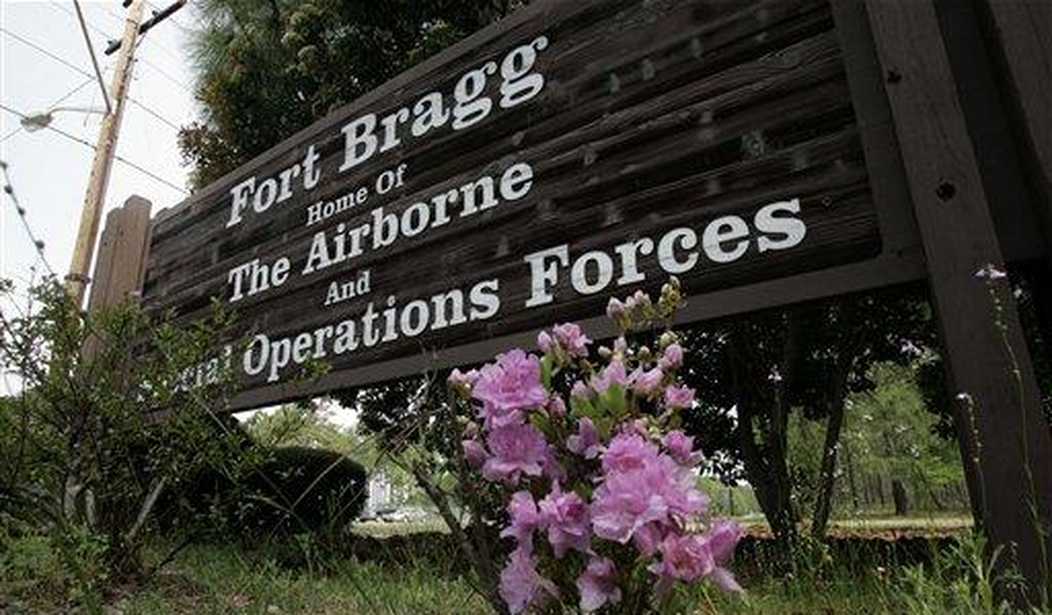What’s in a name? When it comes to naming a military base, there is tradition and recognition of courage in battle. And when the Civil War is involved, that sometimes means recognizing the courage of those who fought bravely in a morally unjustified conflict.
It’s complicated. It’s too complicated for some Americans who strongly object to some names on military bases on the basis that their views on race don’t comport with modern sensibilities.
For some, if that name is associated with a slave-owning traitor, it should be consigned to the ash heap and someone more worthy named to replace them. But who? The military has just completed an exhaustive process of going through 34,000 names suggested by the public, winnowing that number down to 3,670 names as possible contenders, then down to 87, and finally, to a list of recommendations that they released on Tuesday.
The proposed names include women, African-American, Native American and Latino service members, a nod to the diverse ranks the US military has benefited from over the years. The commission, however, also recommended renaming a few of the bases after White men.
The renaming of bases with Confederate monikers became a hot button political issue in the final months of the Trump administration, when then-President Donald Trump blasted the idea, accusing others of wanting to “throw those names away.”
Most of the names chosen to replace the problematic confederates are predictably — and self-consciously — diverse and correct.
For Fort Lee, the commission bent over backward to be politically correct. It proposed renaming the base after Lt. Gen. Arthur Gregg and Lt. Col. Charity Adams — two black officers. “Gregg helped desegregate the Army, including at Fort Lee, while Adams, in 1944, was selected to command the first unit of African-American women to serve overseas,” according to CNN.
Somewhat controversially — although why that is says a lot about the time we live in — the new name chosen for Fort Bragg is “Fort Liberty.”
Commissioners acknowledged that “Liberty” had not been one of the 87 finalists previously announced, either. But in between their first visit to Fort Bragg last year and a final visit this spring, they said that community leaders had coalesced around the name and powerfully recommended it to them.
Commission member Jerry Buchanan said that community members there were concerned about naming for an individual. “Maybe this individual [is] 100% acceptable right now, [but they] might not be 20 years from now for whatever reason.”
Mr. Buchanan is wise and prescient. In 20 years, Eisenhower may be seen as a white supremacist. Perhaps even some of the black officers will be deemed insufficiently woke 20 years from now.
History should not be so frangible. But it is. Given the trajectory we’re on, we’ll probably end up like the old Soviet Union, being forced to rewrite history books every few years as historical figures fall in and out of favor.










Join the conversation as a VIP Member